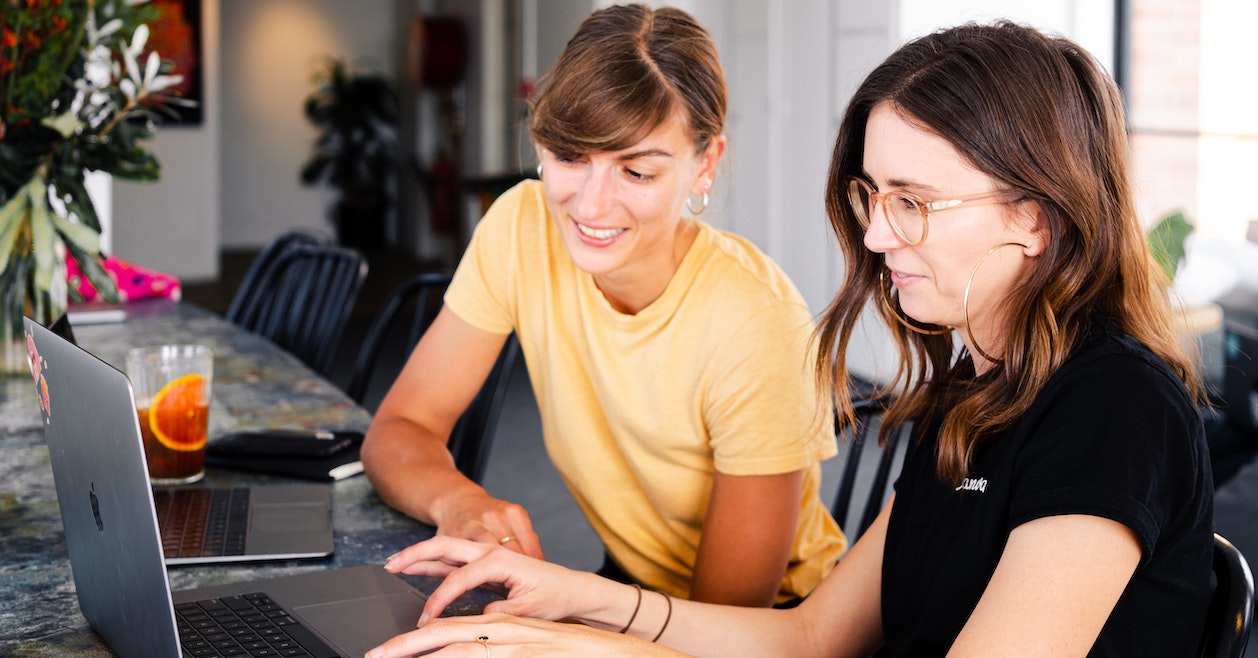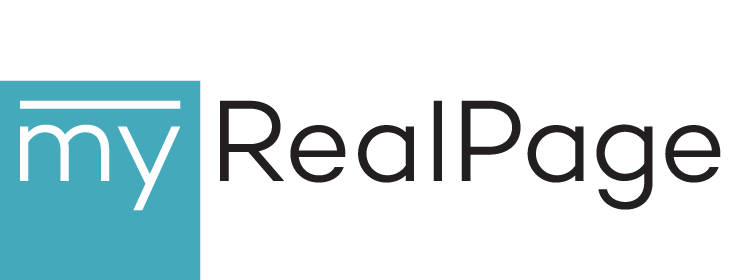7 Essential Tips for Successful Real Estate Buyer Consultations

Prospective buyers and sellers have the pick of the real estate agent litter these days. Even with an impressive track record and sterling reputation, agents can’t simply show up to buyers consultations and expect to walk away with business.
Don’t rest on your laurels. Take the time to brush up on your techniques and get refreshed on best practices.
Looking to land more clients? This is for you. These are the seven essential tips for successful real estate buyer consultations.
Do a Bit of Homework on Your Buyer
It goes without saying that you need to come to consultations armed with market research.
To up your chances of running a successful real estate buyer’s consultation, you should also come prepared with a bit of research about your buyer.
Most of your fact-finding will happen during the consultation, but coming to the table with some basic information will help you be more strategic and will show the buyer that you’re on the ball.
All it takes is sending the buyer a short questionnaire ahead of your meeting. This can be a simple Google Form with the following questions:
- Names, ages and occupations (including names and ages of any children)
- Current address
- Reason for moving?
- Mortgage pre-approval?
- How long have you been looking?
- Ideal move date?
- Neighbourhoods of interest?
- Top five must-haves in a new home?
These questions are easy and quick for your potential new client to answer and they provide you with just enough information to run a more effective and tactical meeting. With their answers in hand, you’ll be able to give the buyer more personalized information during your meeting and ask more targeted questions.
Which brings us to the next essential tip for successful real estate buyer consultations…
Ask Lots of the Right Questions
A buyer consultation isn’t just a chance for the buyer to ask you questions. You should be asking them lots of questions, too.
Having done a bit of homework ahead of time, you can organize your consultation around providing the most customized information and asking the right follow-up questions, such as:
- You mentioned you have been pre-approved for a mortgage of X. Ideally, what would you like to spend?
- You mentioned you have two kids under 10. Let’s talk about schools. Is there a school or schools you’d prefer to be close to?
- I saw that you’re interested in the areas of X, Y and Z. What is it about those areas that appeals to you?
- Let’s walk through your must-have list. Tell me more about what your new house absolutely needs to have and why.
- What about square footage, number of bedrooms and architectural style?
Asking the right questions during a buyers consultation is incredibly important for a real estate agent. It is their opportunity to learn as much as they can about the buyer's needs and goals, so that they can best represent them in the home buying process.
Actively Listen
Active listening helps you retain the answers to the above questions (which you’ll need in order to hit the ground running) and shows your buyer that you’re attentive.
Effective active listening looks like:
- Making eye contact and using other non-verbal cues, such as nodding
- Being engaged without distraction (leave your phone on silent in your bag or pocket!)
- Paraphrasing their responses
- Asking meaningful follow-up questions
- Reserving your input until after they’ve finished speaking
Don’t be afraid to take notes, too (so long as it doesn’t prevent you from active listening). It further demonstrates care and gives you a reference for later if something has slipped your mind.
Demonstrate Your Expertise
This meeting is, of course, your chance to flex what you know, what you do and why you’re good at it.
Being able to effectively demonstrate your real estate prowess is the difference between a successful real estate buyer consultation and an unsuccessful one.
Tailor your pitch to your buyer. The answers from the questionnaire you sent ahead of time will help you do this.
You can discuss your experience helping young families like theirs. You can show a list of properties you’ve recently helped buy and sell in their areas of interest. You can bring up market statistics that are relevant to their budget, timelines and neighbourhoods.
The goal is to illustrate not just that you’re a successful, savvy agent, but that you’re a successful, savvy agent who is perfectly suited to their unique search.
Explain the Process
A successful real estate buyer consultation means that the buyer leaves with all the information they need to make a decision about whether to work with you or not.
That information should include a clear understanding of how you’ll work together. You’ll want to cover things like:
- How you’ll work for them (e.g., the tools you use, hunting down the best listings, booking showings, advising them on values, assembling offers, representing them during the offer and purchase process)
- What you bring to the table that other agents don’t (your unique real estate value proposition)
- What they can expect in terms of communication (how and when you’ll share listings, updates and information)
- If you’re a part of a real estate team, explain the relationship (including what advantages that might have for them)
- What happens next if they’re ready to get started
Prepare for Questions in Advance
Your buyers will naturally have plenty of questions for you.
To boost your odds of a successful real estate buyer consultation, you should anticipate what kinds of questions you’ll likely get and prepare strategic responses in advance.
This kind of preparation keeps you from feeling caught off-guard, which can result in apparent nervousness and a lacklustre response — two things that can affect a buyer’s confidence in you.
What kinds of questions should you expect? In addition to the ones on this list, you’ll likely get queries about the market, showings, their budget and your predictions for their home search.
Follow Up
Key to any successful real estate buyer consultation is your follow-through — when and how you follow up with the buyer.
Reach out to them the day after your meeting. Best to do it by email; it’s more casual than a phone call but more official than a text message.
Reiterate your interest in working with them, share links to any relevant content on your real estate website and let them know you’re available to answer any questions, either by email or phone call.
Then, let things be. If you haven’t heard anything, wait five days or so before sending another follow-up. That message can be as simple as something like the following email script:
Hi [name],
Hope you’re having a great week.
I just wanted to check in to see if there are any more questions I can answer for you or information I can provide you with. I’m here to help!
If you’ve decided to work with someone else — all good.
Looking forward to hearing from you either way!
[your name]
Last Updated on July 31, 2023 by myRealPage


